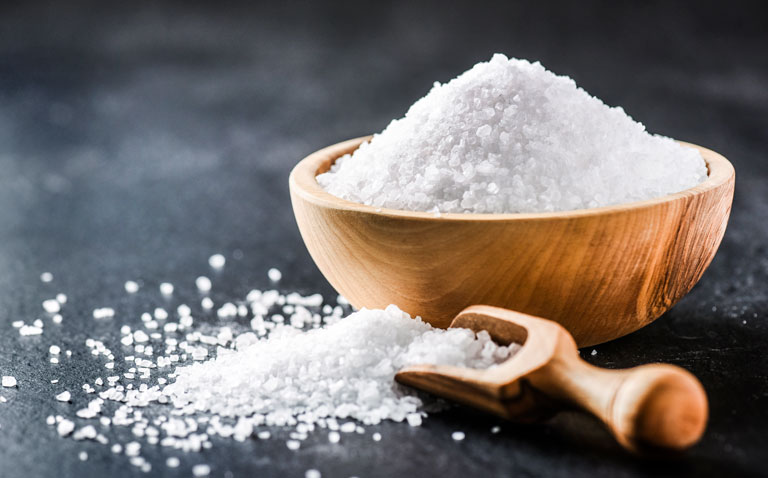Greater use of salt substitutes reduces the risk of new cardiovascular events in those with a history strokes and over 60 years of age.
There are two types of stroke: ischaemic (caused by a clot) and haemorrhagic (caused by a bleed) and the main risk factors for a stroke include hypertension, coronary artery disease, diabetes and obesity. The main factor responsible for strokes is hypertension and it has been estimated that, world-wide, a raised blood pressure, accounts for 54% of all strokes. Moreover, evidence suggests that a reduction of salt intake can reduce blood pressure, leading to a decrease in the risk of strokes. The use of salt substitutes, in which sodium is replaced by potassium, can also lower blood pressure, although the evidence for a beneficial effect on cardiovascular disease and mortality is sparse.
With an absence of randomised trial data examining the impact of salt substitution on cardiovascular outcomes, a team led by researchers from the George Institute for Global Health, Sydney, Australia, established the Salt Substitute and Stroke Study (SSaSS) in 600 rural villages in China. The team enrolled adults with a history of stroke or those who were 60 years of age and older and with poorly controlled blood pressure. This was defined as a systolic > 140mmHg if receiving treatment or > 160mmHg if not on treatment. Individuals were then randomised to receive, free-of-charge, salt substitutes, which contained 25% potassium chloride and asked to use this instead of regular salt for cooking, seasoning food etc. The primary outcome was stroke and secondary outcomes were major cardiovascular events, comprising a composite of non-fatal stroke, non-fatal acute coronary syndrome or death from vascular causes. The main safety outcome was clinical hyperkalaemia and in order to track electrolyte levels, every 12 months, a subgroup of participants provided 24-hour urinary electrolyte excretion.
Findings
A total of 20,995 individuals with a mean age of 65.4 years (49.5% female) were enrolled and randomised to either arm and followed up for 4.74 years. Overall, 72.6% of participants had a history of stroke, 88.4% a history of hypertension. Among those with hypertension, 79.3% were prescribed at least one anti-hypertensive and the mean sample blood pressure was 154/89.
In participants using salt substitutes, the rate of strokes was lower (rate ratio, RR = 0.86, 95% CI 0.77–0.96, p = 0.006) compared to regular salt users. In addition, both the rate of major cardiovascular events (RR = 0.87) and death (RR = 0.88) were significantly lower in the salt substitute group. Analysis of electrolyte samples during follow-up, also showed that sodium excretion was lower in those using salt substitutes. In terms of safety, there was no significant difference in the level of hyperkalaemia (p = 0.76).
The authors concluded that the use of salt substitutes in those with both hypertension and a prior stroke led to a significant reduction in not only future strokes but also major cardiovascular outcomes.
Citation
Neal B et al. Effect of Salt Substitution on Cardiovascular Events and Death. N Engl J Med 2021










